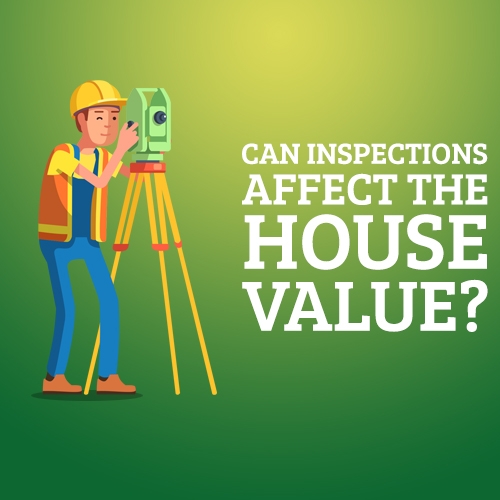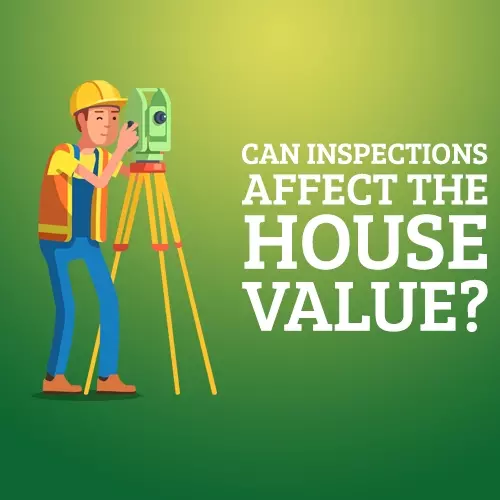Can Inspection Affect Home value?


When it comes to buying a home, inspections are often a crucial step in the process. For many buyers, a home inspection provides peace of mind, ensuring that they are making a sound investment. However, what many buyers might not realize is that the results of an inspection can significantly affect the value of the home they are interested in. Understanding how inspections influence home value is essential for both buyers and sellers in today’s real estate market.
First and foremost, a home inspection serves as a thorough evaluation of the property’s condition. Inspectors assess various components of the house, including the roof, plumbing, electrical systems, HVAC units, and structural integrity. They provide an unbiased report that highlights any issues or potential problems that may need addressing. For buyers, this information can be invaluable; it helps them avoid purchasing a property that could lead to costly repairs down the line.
If an inspection uncovers significant issues—such as a leaky roof or outdated electrical wiring—this can lead to negotiations between the buyer and seller. In many cases, buyers may request repairs to be made before closing or ask for a reduction in the sale price to account for these necessary fixes. For sellers, being aware of potential problems before listing their home can help them make proactive decisions about repairs and improvements that could enhance their property’s appeal and value.
Moreover, the findings from an inspection can impact how long a property stays on the market. Homes with numerous red flags may deter potential buyers or lead to lower offers than expected. Buyers typically prefer properties that require minimal immediate investment; thus, homes with significant issues may linger on the market longer than those in better condition. This extended time on the market can create a perception that something is wrong with the property, further diminishing its perceived value.
Conversely, if a home inspection reveals that everything is in excellent condition—new roof, updated plumbing, and well-maintained systems—this can boost buyer confidence and potentially increase the home's value. A clean inspection report can serve as a powerful marketing tool for sellers, allowing them to highlight their property’s strengths during showings and open houses. Buyers often feel more comfortable making competitive offers on homes with favorable inspection results.
Another factor to consider is how inspections affect financing options for buyers. Many lenders require an appraisal as part of the mortgage process to ensure that they are not lending more than what the property is worth. If an inspection reveals significant problems that could impact safety or functionality, appraisers may adjust their valuations downward based on these findings. This situation could lead to financing complications for buyers who were relying on specific loan amounts tied to appraised values.
For first-time homebuyers particularly sensitive to budget constraints, understanding how inspections affect home values is crucial. A negative report might prompt them to reconsider their financial capabilities or even walk away from a deal altogether if they feel overwhelmed by potential repair costs. On the other hand, knowing that they are investing in a well-maintained property can provide reassurance and encourage them to move forward confidently.
It’s also important for buyers to recognize that not all issues discovered during an inspection will necessarily lead to drastic reductions in home value. Some problems may be minor or easily fixable without requiring extensive financial investment. In such cases, savvy buyers might view these findings as opportunities rather than obstacles—negotiating with sellers to address smaller issues while still securing a fair deal.
In conclusion, while inspections are primarily viewed as protective measures for buyers during real estate transactions, their implications extend far beyond individual buyer experiences—they play a pivotal role in determining overall home values within local markets. Buyers should approach inspections as essential tools for informed decision-making; understanding what lies beneath the surface of a property can mean saving thousands down the road.
For sellers looking to maximize their home’s value before listing it on the market, investing in pre-listing inspections and addressing any identified issues proactively can enhance appeal and attract more prospective buyers. Ultimately, whether you’re buying or selling, being aware of how inspections affect home values will empower you throughout your real estate journey.
Categories
Recent Posts












